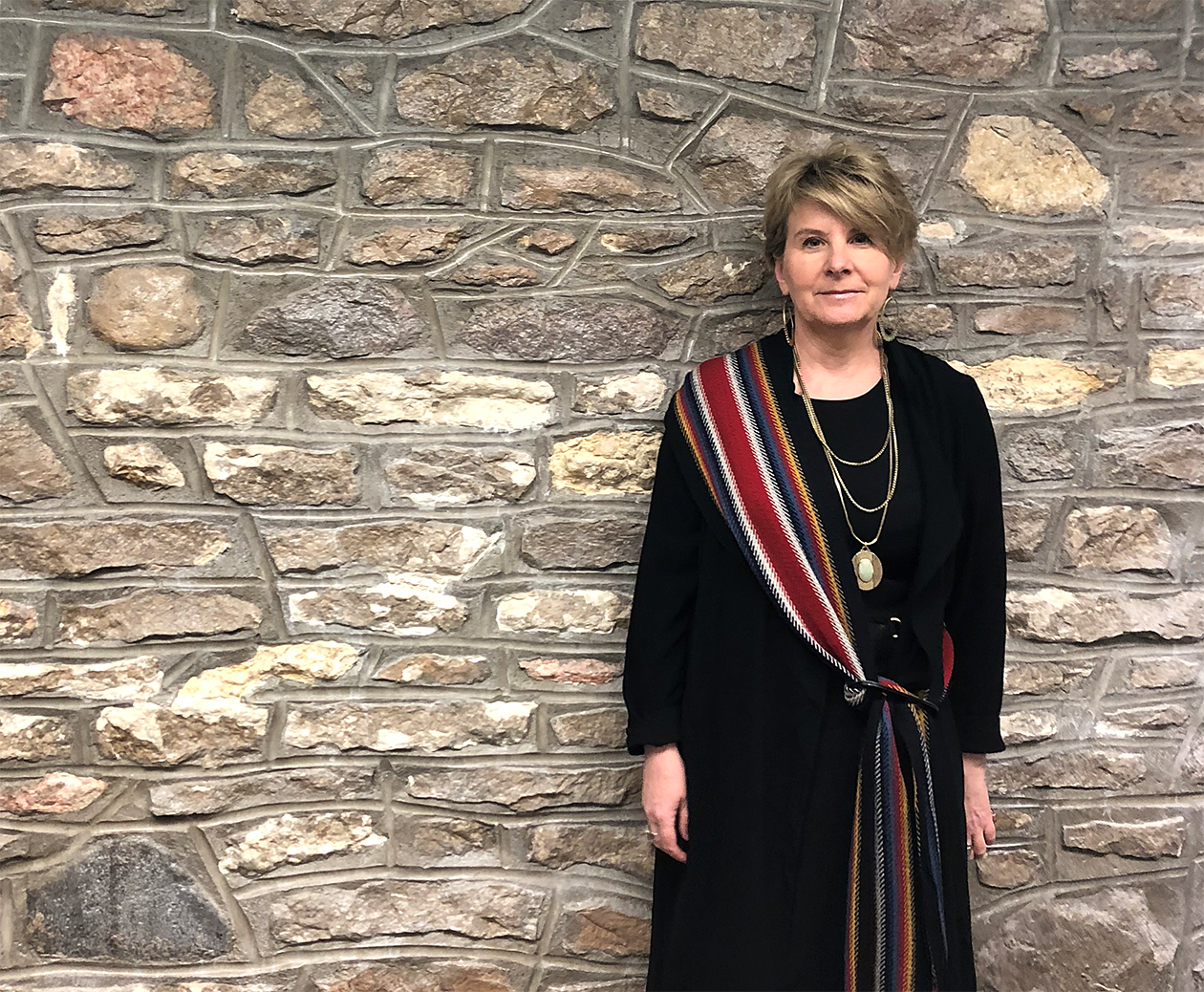
Giving for life: organ donation and transplants through an Indigenous lens
Medical anthropologist Dr. Caroline Tait and fellow think tank members tackle ethical and philosophical questions around transplant medicine.
By Researchers Under the ScopeListen to all episodes of Researchers Under the Scope podcast.
Subscribe to the podcast on Spotify or Apple Podcasts.
"Western medicine can give you the heart of another person, but no meaningful direction on how to lead a good life with that heart," said Dr. Caroline Tait.
That's the dilemma many Indigenous people in Saskatchewan face, as disproportionately early deaths and chronic disease boost the need for organ transplants.
"Our whole public education if you look at it, is all about convincing people to sign their donor cards," said Tait, a medical anthropologist and psychiatry professor at the University of Saskatchewan.
"We really don’t do any public health education at all around being a recipient.”
Tait serves as co-lead of Canada's Network Environments for Indigenous Health Research, and as the research lead for the First Nations and Métis Organ Donation and Transplantation Network.
Through an Indigenous lens, she and fellow think tank members tackle ethical and philosophical questions around transplant medicine.
"Indigenous people are very pragmatic and sometimes people forget that,” Tait said. "It's okay for us to change our minds."
In this episode, Tait discusses the role of blood memory, why the 'wall' of anonymity between donor families and recipients is problematic, and ethical dilemmas raised by Indigenous elders, surgeons and patients with lived experience.
"People are messy," said Tait. "They aren’t entirely sure how they feel about it. If they look at it from different vantage points, they may decide to do things differently.”
Over the past year and a half, Tait watched the think tank’s work on transplants shift into an act of reconciliation.
"You throw a complex health problem at us in a hotel ballroom, and have us put stuff up on flip charts, it’s such an alienating process for us,” Tait said.
Instead, she and her fellow think tank members emphasize the need to have medical conversations and surgical interventions in culturally safe, respectful and appropriate ways.
“To us the process is as important as any outcome we can produce,” said Tait.
“The result has been something quite remarkable.”
